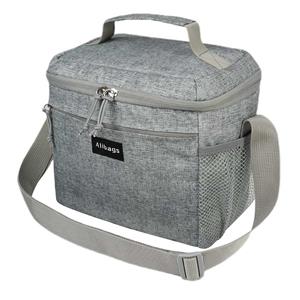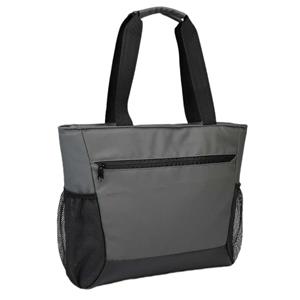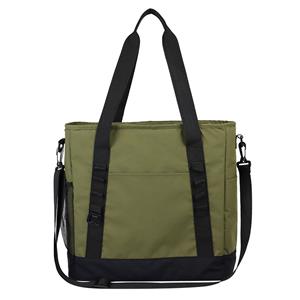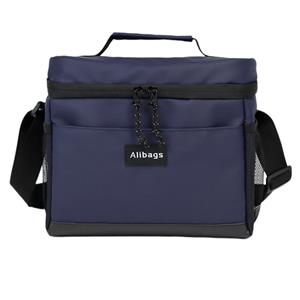A Guide to Choosing the Right Cooler Bag
Are travel coolers are better than hard coolers?A Guide to Choosing the Right Cooler Bag
In the wide ranging market of cooler bags, choosing between travel (soft) and hard coolers can be confusing. Each type has distinct features for different needs. To figure out if travel coolers are superior and pick the ideal one, several factors must be considered.
Understanding the Basics: Travel vs. Hard Coolers
Travel Coolers
Travel coolers are usually made of soft, lightweight materials like nylon, polyester, or vinyl. Their flexibility is key; they can be folded, rolled, or compressed, which is great for storage and transport. Many come with shoulder straps, backpack style harnesses, or carry handles, increasing portability.
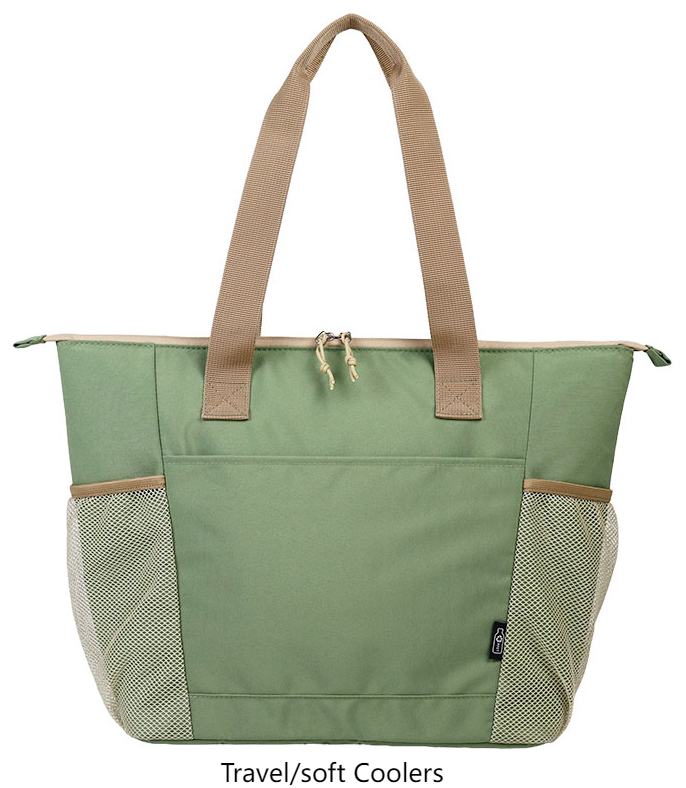
Hard Coolers
Hard coolers are constructed from rigid materials such as high density polyethylene (HDPE), rotomolded plastic, or metal. Their sturdy build gives them a reputation for durability and excellent insulation. Thick walls and tight fitting lids help keep ice frozen for long periods.
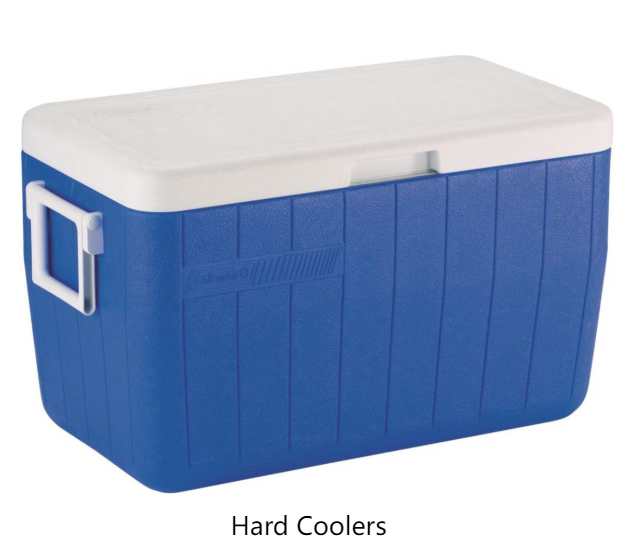
Factors in Choosing a Cooler Bag
1. Portability
Travel Coolers
· Lightweight: A medium sized travel cooler might weigh just 2 - 3 pounds, while a similar hard cooler could be over 10 pounds. This makes travel coolers perfect for active pursuits like hiking, cycling, or using public transport.
· Carrying Options: Shoulder straps evenly distribute weight, and backpack style travel coolers enable hands free movement, useful in crowded or uneven areas.
Hard Coolers
· Bulky: Larger hard coolers are heavy and awkward to carry. Their weight and shape make long distance carrying or agile activities difficult. Even with handles, they're tiring to carry for long and not practical for quick paced errands or hikes.
2. Insulation
Travel Coolers
· Tech Advances: Modern travel coolers use materials like closed cell foam to trap air for insulation. Some high end ones have vacuum insulated panels. They can keep contents cold for 12 - 48 hours, suitable for day trips or picnics.
Hard Coolers
· Superior Insulation: Hard coolers have thick walls and tight seals, minimizing heat transfer. High quality ones can keep ice frozen for up to a week, ideal for long term outdoor trips without fridge access.
3. Durability
Travel Coolers
· Puncture Prone: Their soft sided construction makes them vulnerable to sharp objects. But many now use reinforced materials on the bottom and sides, or puncture resistant fabrics.
· Easy to Repair: Small tears can be fixed with an inexpensive patch kit, making them cost effective for maintenance, especially for occasional users.
Hard Coolers
· Rugged: Their rigid build resists impacts, dents, and scratches. They can endure rough handling, a major plus for rugged outdoor use.
· Long Term Investment: Despite a higher initial cost, their durability means they can last years, making them cost effective for frequent outdoor enthusiasts.
Space - Saving and Flexibility
Travel Coolers
· Compact Storage: They can be folded or compressed into a small size, fitting in closets, under beds, or car trunks. Their flexibility also allows them to be stuffed into odd shaped spaces.
· Adjustable Capacity: Some have expandable sides or removable dividers, letting you customize the interior for different items.
Hard Coolers
· Fixed Size: Their rigid shape and size require more storage space at home and in vehicles. They're difficult to fit into tight or irregular spaces, limiting usability.
4. Cost
Travel Coolers
· Budget - Friendly: Made with cheaper materials and simpler manufacturing, a basic travel cooler can cost as little as USD20−USD50. They're great for those on a budget or infrequent users.
Hard Coolers
· Higher Cost: High quality hard coolers can cost USD200−USD500. But for heavy users, their durability and performance make them a good long term investment.
5. Environmental Impact
Travel Coolers
· Eco - Friendly: Their lightweight build reduces transport energy use. Many are made from recycled materials and are more easily recyclable at the end of their life.
Hard Coolers
· Recycling Challenges: Non-recyclable plastic hard coolers are hard to dispose of due to their size and material complexity. However, some manufacturers are now using more sustainable materials.
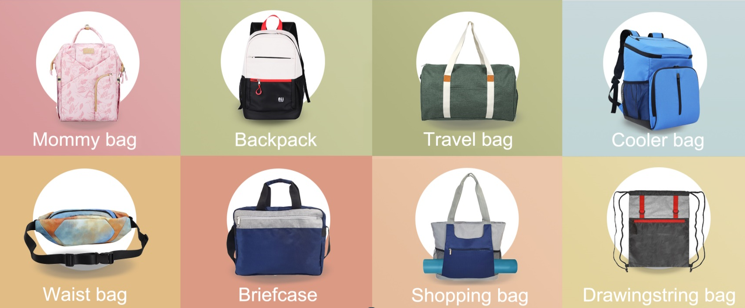
Making the Right Choice
If you're an outdoor enthusiast needing long term ice retention and durability for extended camping, hunting, or fishing trips, a hard cooler is likely best. If you're a city dweller using a cooler for occasional park picnics, beach day trips, or errands, a travel cooler offers portability, flexibility, and cost effectiveness. Sometimes, having both in your collection provides the best of both worlds. When shopping, research brands, read user reviews, and consider key features like insulation, portability, and durability to choose a cooler that fits your needs and budget.

